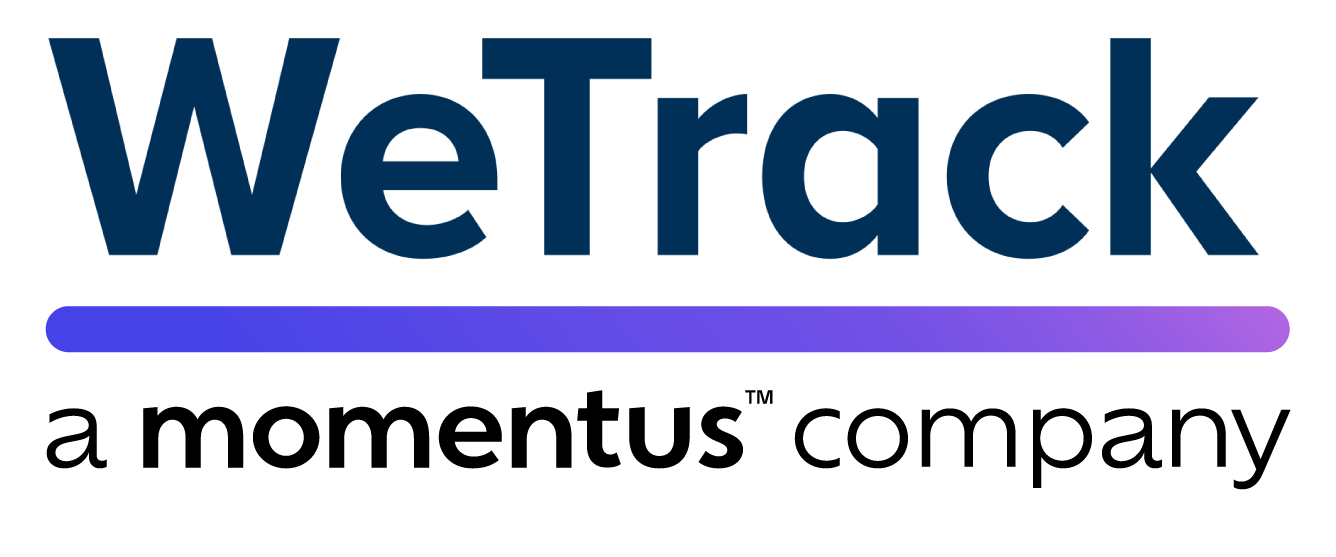Testing and exercising programmes are designed to test operational plans for an event, venue, project or other scenario. They enable you to rigorously test and identify gaps in your people, places, plans and processes. They also let you play out incident scenarios in advance to understand whether you would respond effectively in reality.

For the best exercises, you need to create a collaborative, no-blame environment that is focused on learning.
A tabletop exercise is a flexible exercise in an informal setting where departments, stakeholders and agencies meet to discuss roles and responsibilities. It is essential to have face time between major stakeholders, particularly in a more virtual and remote world, to establish communication channels, teamwork and confidence.
You can also establish who is responsible for doing what when a particular type of incident comes to pass. Work through your risk register to understand mitigation plans for each risk, and interrogate contingency plans if any risk does become an issue.
For the most effective exercises, it is important to have a digital system in place. Any form of testing exercise is ineffective if you don't plan comprehensively beforehand and capture learnings and actions during and afterwards. Having an online hub for this information will give your tabletop exercise structure. It also makes your reporting a lot quicker and of higher quality after the fact.

The typical structure of a tabletop programme is as follows:
- Map out everything that needs testing
- Decide what will be tested during a particular exercise
- Ensure that all relevant staff and stakeholders are in the room for that exercise
- Hold an open discussion about each scenario in turn
- Record any learnings
- Assign any follow-up actions
- Return to the learnings and actions to scrutinise again at a future exercise

WeTrack has testing and exercising software that enables organisations to plan and carry out exercises like these in a collaborative and accountable way. Please get in touch if you would like to learn more.


